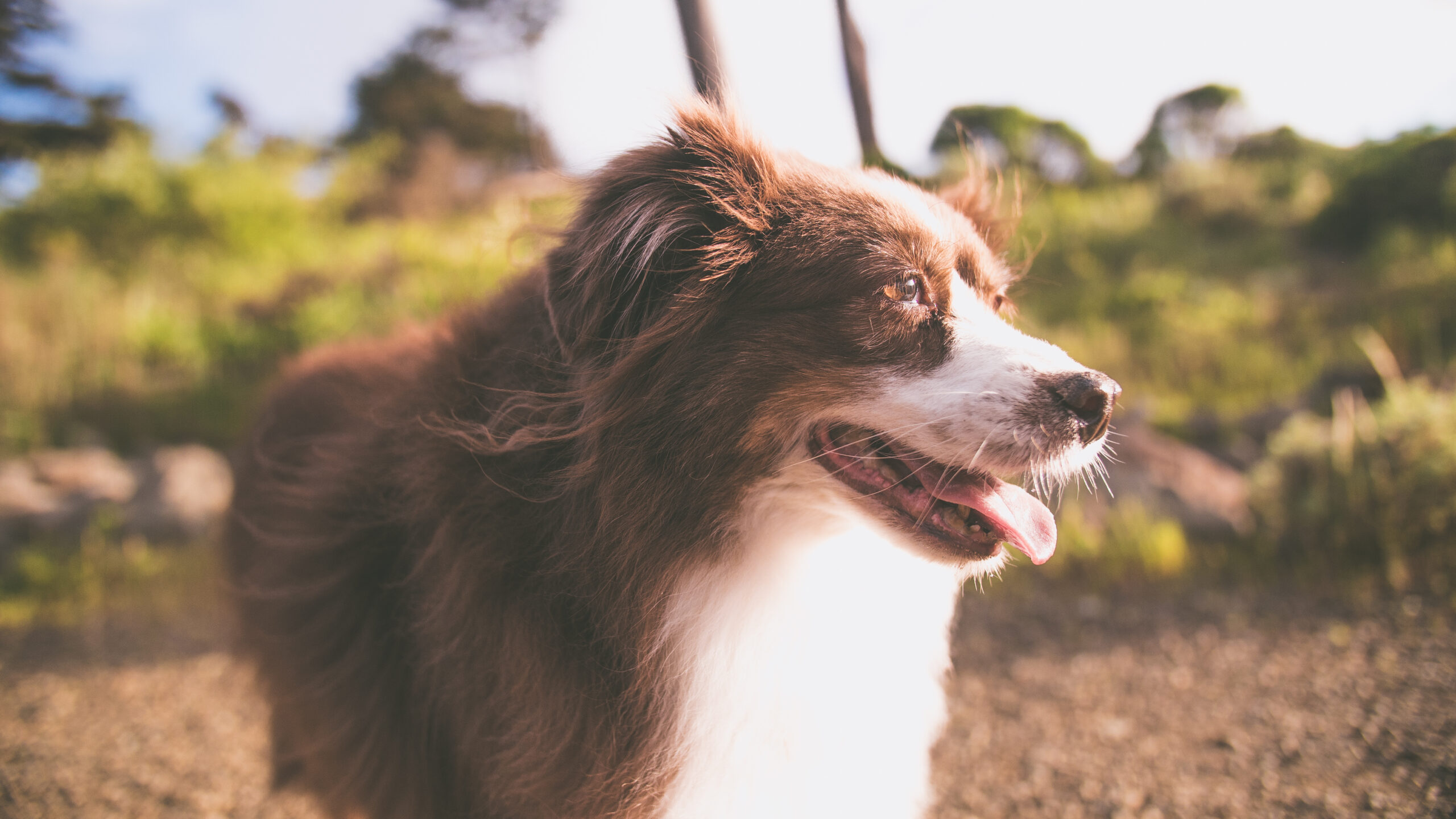Just like for dental visits, dogs share an affinity for the vet that is equal to the way we feel about root canals. To a dog, a visit to the vet is an exercise in stress, while for the owner, it can be an overwhelming rollercoaster ride consisting of strange procedures, sounds, and smells, all strung together in a single visit. Keeping your cripplingly anxious furry friend might take getting accustomed to new procedures but going to the vet does not have to be stressful for either of you. To help your pup relax and ensure smooth visits to the vet, tune in to the dog’s vet tips’ listed below.
Why Do Dogs Fear the Vet?
The routine procedures at the veterinary office do not guarantee that the furry companion is treated all the time, which ensures that the dog gets to see the vet on a regular basis. Dogs relate the vet with discomfort, chaotic sounds, and equipment that is often clinical and alien to them. To your dog, the world consists of a myriad of sights and sounds, so making adjustments to their perception can help shift their long-standing perception. While the vet hospital is no paradise, all an owner has to do is prepare the dog for the visit in the right manner.
How to Get Your Dog Ready for a Vet Appointment
1. Start Socializing Early
Socialization is one of the main things that help ease fear and anxiety in dogs. Socialized dogs tend to manage well with new people and new places, making vet visits relatively easier. Try to take your pup to new places, have them meet different people, and practice gentle handling techniques that allow for them to feel at ease. Even for older dogs, slowly and gradually introducing gentle experiences can make a world of a difference.
2. Make Handling a Positive Experience
For the veterinarian to properly assess your dog, they will need to examine his ears, paws and mouth parts that some dogs may be sensitive to. Carefully Prepare your dog for the appointment by doing the following gentle handling practices at home:
- Use positive reinforcements such as treats or praise during relaxed periods to calm them.
- Gently stroke their ears and touch their paws, increasing the duration over time to help them become less sensitive to touch.
This practice will make your dog feel at ease as trust is built, ensuring that they start to associate being touched and handled with favorable results.
3. Form a Pre-Vet Relaxing Routine
If a vet visit is on the cards either pet check-ups or vacc for nipping at the problem go to the vet, ensure that your pet has had time to roam free beforehand. Taking them on long walks, playing fetch, or a quick run will help them burn some energy thus making an active waiting room feel less hyper.
4. Getting Used The Vet’s Environment For Your dog
In case of versatility, schedule longer visiting hours of the office without the actual procedures to be performed. Make sure the dog has proper access to the lobby and meets with the staff and cone heads. This helps reduce or alleviate the negative emotions experienced when they go to places known for traditionally challenging spaces.
5. Control Yourself Together With All Your Senses And Stay Focused
Your dog is asthma to very refined unique emotions. In case the dog isn’t nervous get a little straighthen chaperoned to trim toenails. Stay neutral and positive for the duration of the flight.
6. Notify the Vet About Your Dog’s Requirements
Each dog stand outs in their own special way. If your dog has certain triggers like a possible phobia of other animals or a likelihood of excessive hyperactivity, make contact with the vet staff for assistance beforehand. Most clinics have provisions for anxious pets to wait in their cars or outside the building prior to their appointments.
7. Employ Positive Reinforcement Training
Do not forget to carry your Dog’s favorite treats, toys, or even their blanket. Calm behavior during the visit should be treated with praise and rewards and awarding treats. This way, pets would learn to associate their visit to the veterinarian’s clinic with something pleasant. You may also reward them with a fun activity afterwards like going to the park or some special snack.
8. Seek Professional Assistance for Severe Situations
For some dogs, the level of anxiety might be too much. In this case, it would be best to seek consultation from a vet or a specialized trainer. They can suggest several ways of helping ease the dog’s anxiety, including desensitization techniques or in some cases, even light tranquilizers.
Post-Visit: Reward Their Courage
Prepare ahead, forgetting the outside world and taking some time out to shower your dog in praise and their favorite treats strengthens the bond between dog and owner. Doing this makes the dog feel safe, transforming even experiences that may seem uncomfortable into a positive one. The praise alongside treats helps strengthen the reassuring memories in the dog’s brain, reducing stress of any future visits.
The Importance of Being Prepared
Preparation is about more than just reducing stress; it covers building trust as well as the general welfare of the dog. A dog needs to be mentally and physically at ease so that they are cooperative. This state of calm lets the vet do their work and help the dog. Following basic tips such as those highlighted under dog vet tips makes the visit to the vet more straightforward not just for the dog, but for the veterinarian too.
EXTRA
What are your thoughts on our dog vet tips? As with any other pet of a person, we post helpful insights under blogs meant for traveling with pets.Read the Blog












